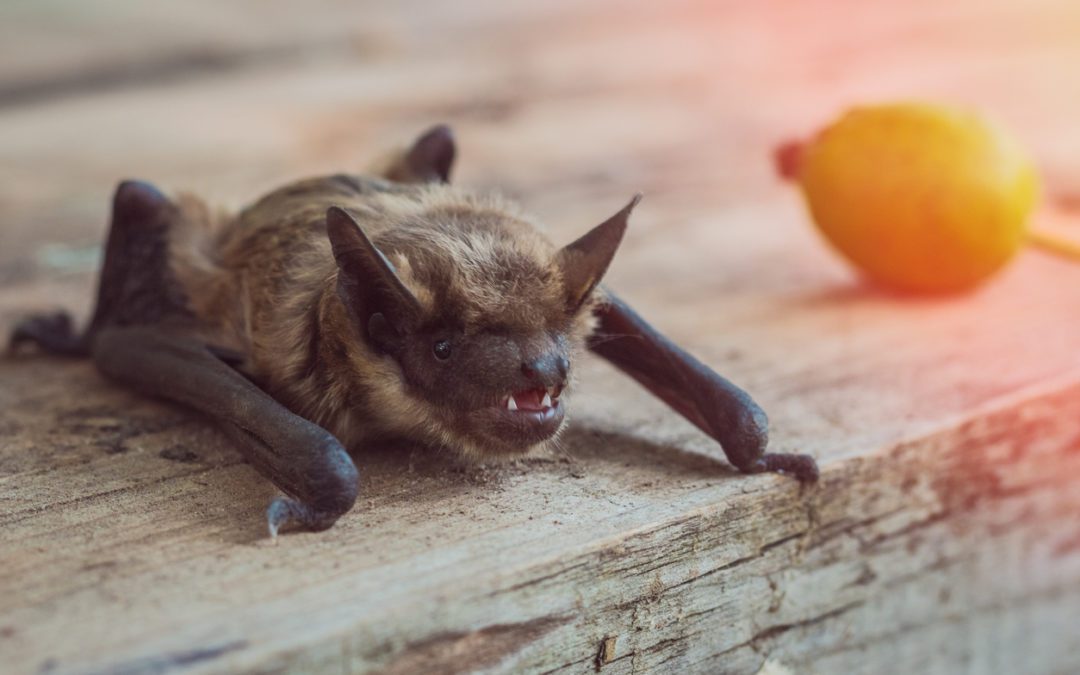Bats are nocturnal mammals, meaning the majority of their activity takes place at night. It is not at all uncommon to look up and witness bats hunting for mosquitoes and other insects during the evening hours. Bats are non-aggressive animals, and increased night-time behavior is no cause for alarm. However, if you think you might be dealing with a bat infestation in your home or business, your concern may warrant further investigation.
Identifying a Potential Bat Infestation Problem
Homes and buildings often offer the dark, sheltered, and confined spaces bats favor for their roosting sites. Bats can fit through an entry point as small as a quarter of an inch and have little difficulty gaining access to structures through cracks and crevices. If you suspect roosting activity in your living space, here are some suggestions to aid you in identifying a potential bat infestation problem
- Listen: Bats emit a high-pitched squeaking noise that can be mistaken for birds. If you hear chirping in your attic or walls, it may be an indication of a bat colony.
- Smell: Bat guano secretes a distinct and pungent ammonia odor.
- Look: Inspect your home for potential entry points or increased flight activity in a specific area outside the structure. Chimneys and vents are a common means of access. Check for a consolidation of guano in these areas.
Bats in the Walls or Attic
Should you discover bats inhabiting your walls or attic space, it is important that they be removed immediately. Cohabitating with bats presents a variety of health concerns. A buildup of guano not only emits a putrid scent, it can contaminate your insulation, compromising the structural integrity of your home or business, as well as cause the transmittal of the fungal lung disease histoplasmosis. A bat infestation can also be responsible for the spread of fleas and rabies.
Bats in the Living Area
Bats are unlikely to bite unless threatened, however their teeth are so small that people are often unaware they’ve been bitten. While less than 1% of the
Bats are an essential component of our environment, providing both insect control and pollination, but their roosting activity in buildings can cause serious complications for the humans living there. If you suspect bats have gained entry to your home or business, look for these bat infestation warning signs and contact ABC Wildlife immediately at (847) 870-7175. We have decades of experience in humane bat removal and exclusion.


